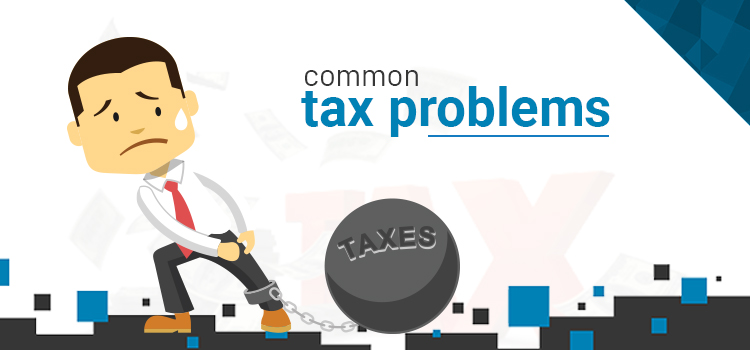
Tax laws are quite complicated by themselves, but they become even more confusing when the laws keep changing, and new amendments are added. With the latest introduction of the Tax Cuts and Jobs Act, there were many changes in the tax rates for businesses and individuals, not to mention family tax credits and mortgage interest deductions. However, people often lose out on the benefits of tax laws simply because they are not aware of how to use the exceptions or because they make a mistake while filing their returns. This blog will highlight some common tax problems many people face in 2020. If you find that you are struggling to make sense of the current tax laws, you can speak to a tax expert at Internal Tax Service LLC (ITS LLC) to learn more.
- Individual Mandate Penalty : The individual mandate penalty is a provision introduced under the Patient Protection and Affordable Care Act that requires all taxpayers to buy some form of healthcare plan. However, following the introduction of the Tax Cuts and Jobs Act, certain aspects of the Individual Mandate Penalty were updated. Even though the federal penalty is no longer applicable, there are still some state-based penalties that you need to look out for. If you are not sure about the tax requirements related to the individual mandate penalty, you can consult a tax expert at ITS LLC to clear your doubts when filing your tax returns.
- Changes to retirement contribution limits : The carefree attitude you live with tends to fade away as you grow older. Once you get older, you begin to take on financial responsibilities, and you slowly realize the importance of planning ahead. One way to plan your future is to invest in a retirement plan so that you save up enough money for the time when you have to quit your job. The beauty of saving money for your retirement is that it helps you save out on your tax as well. Keeping money aside in tax-advantaged retirement accounts will help you lower your tax burden. Given the changes made to the base contribution limit, make sure you follow the latest laws when preparing your taxes.
- Changes to HSA contribution limits : Apart from the changes made to the tax-advantaged retirement accounts, the Tax Cuts and Jobs Act also gives a minor boost to the health savings accounts as well. In case your taxable amount falls in the high-deductible category, you can use the adjustments offered to save on your income tax. The changes to the Health Saving Account (HSA) will help individuals save pretax income to cover health care costs that they may incur later on. Although not particularly significant, the increase in the contribution limit from $3,450 in 2018 to $3,500 is worth mentioning because it can help those who have a high-deductible insurance plan. Tax experts and financial consultants at ITS LLC will help you analyze all the changes to HSA contribution limits so that you can make the most of the tax cuts.
- The medical expense deduction threshold : The rate of deductions for medical expenses keeps changing as the tax laws are modified. When the Affordable Care Act was introduced in 2010, the deductible medical percent was increased from 7.5 percent to 10 percent. Once the new tax law, the Tax Cuts and Jobs Act was introduced, the rate was bought back down again to 7.5 percent. The frequent changes in the medical expense deduction threshold may be confusing, and at times perhaps a little frustrated as well. If you want to claim a tax exemption or deduction because of medical and dental expenses, you need to do a little research before you file your returns.
If you need any help overcoming the common mistakes and problems mentioned in this blog, or if you have any questions about how to prepare your tax returns, you can call the ITS LLC customer number and ask for assistance.
